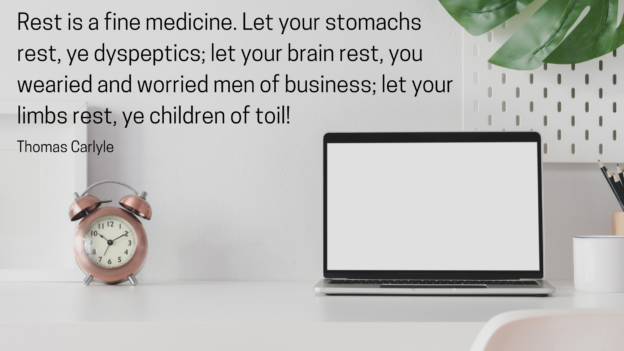I initially thought of calling this post “What to do when you’re not working.” The problem with that is for some of us, we’re spending a lot of time not working. Or at least not doing the work we want to do or we were trained to do. For those of us who are independent trainers, the pandemic has caused us to retool our businesses, pivot to different methods of delivery, and/or spend time perfecting our online delivery of training classes. What happens when you don’t have classes scheduled though?
Sure, it’s summer. Time for picnics and vacations. (Or maybe not this year.) Here’s one thing I know about this time we’re in now: There’s a difference between the time you set aside for pleasurable activities and the time you have off because you don’t have the work you planned for or were able to book.
So what do you do? I can always find a book to read, a video to watch, a new online class to take, or a webinar to watch. Some of this qualifies as continuing education and I participate in it happily. I think we all need to keep learning and employing what we learn in our training. However, I am, like many of the people I talk to, getting tired of watching webinars. I find myself registering for what looks like an interesting presentation and then not attending because I just don’t want to click on another link.
I have books on my shelf that I’ve wanted to read for some time that are waiting for me to pick them up and start or continue reading. I find references to new titles as I read articles and I quickly reserve them at the library for pick up. As time goes on, I begin to feel bad about not reading these books despite having the time to do so.
Instead of feeling bad about not utilizing my time well, I’ve employed a few tactics to keep me engaged and working toward my goals. Here are my ideas for ways to stay working when you’re not:
- Make a Schedule: I look at my week overall and determine when I will do what each day. I have my previously scheduled appointments, my “business development” time, and regular calls and video conferences. I also create a “top five” list of things to do most days. These keep me on task and working. I schedule my reading and exercise time to ensure that I do these important activities. I love to read, but I often feel guilty about taking the time to sit and read a book. Sometimes I listen to audiobooks while I exercise or do other tasks and then I feel very productive!
- Say No: Sometimes you just can’t add anything else to your load. It might seem like you have a lot of time to take on another task, but really, can you? I ask myself this every time I see an announcement for an interesting meeting to attend, webinar to watch, or group to join. Sometimes the best response is to say no and focus on the things you really want to do.
- Practice: For those of us who earn our living teaching and training others, if you’re not in a classroom teaching or presenting online, it may seem like you have nothing to do. Use the time to practice your delivery. If you update course content regularly, you’ll need to spend some time updating your presentation of the material. Find a room and practice. When I moved classes online, I updated the courses to reflect the difference between presenting online vs. in a classroom. Then I fired up Zoom and practiced a bit. Don’t forget to record yourself so you can review the results and continue to refine your presentation.
- Commit to Learn: There are always new things to learn, but we might need to be choosy about what we commit to do. Where are the gaps in your knowledge? What would help you do your job better? There are likely online courses out there that can help you learn something new or deepen your understanding of a subject. I belong to the Training Magazine Network, and online, social learning community that sponsors webinars and courses for training professionals. I have found TMN to be a great source of information and assistance over the years.
- Help Others: Sometimes you need to get out of your own head and help someone else. The shift in focus from your problems to someone else’s issues can bring about a clarity you wouldn’t otherwise have. Helping others can take many forms. I’m spending my summer leading a “squad” of women who are all members of the Ellevate Network. I act as a moderator for the group and coordinate our weekly online meetings. It’s not a lot of work, but it does feel good to help others.
These are just a few ideas that I have used to be more intentional about my time and my work this summer. It’s good to have time off to relax and play. It’s also good to use our time well so that we live well.

